8 ways to prepare your home for hurricane season
Here’s how you can get your home ready for hurricane season

We’re coming up to the peak of hurricane season, and that can only mean one thing — high winds, torrential rain and severe flooding. And with these conditions likely comes extensive damage to your home, which isn’t surprising when you consider what your property is being subjected to. Hurricanes can produce flying debris as well as disturb your electrical systems. In extreme situations, hurricanes can even damage the structure of your home, which may be irreparable.
Unfortunately, hurricanes just can’t be avoided if you live in an area where they frequent. However, the good news is that there are steps you can take to lessen the impact of these tropical storms on your home. And when you consider the cost of potential repairs, these methods could save you some serious bucks. Here are 8 ways you can prepare your home for hurricane season.
1. Bring anything loose indoors
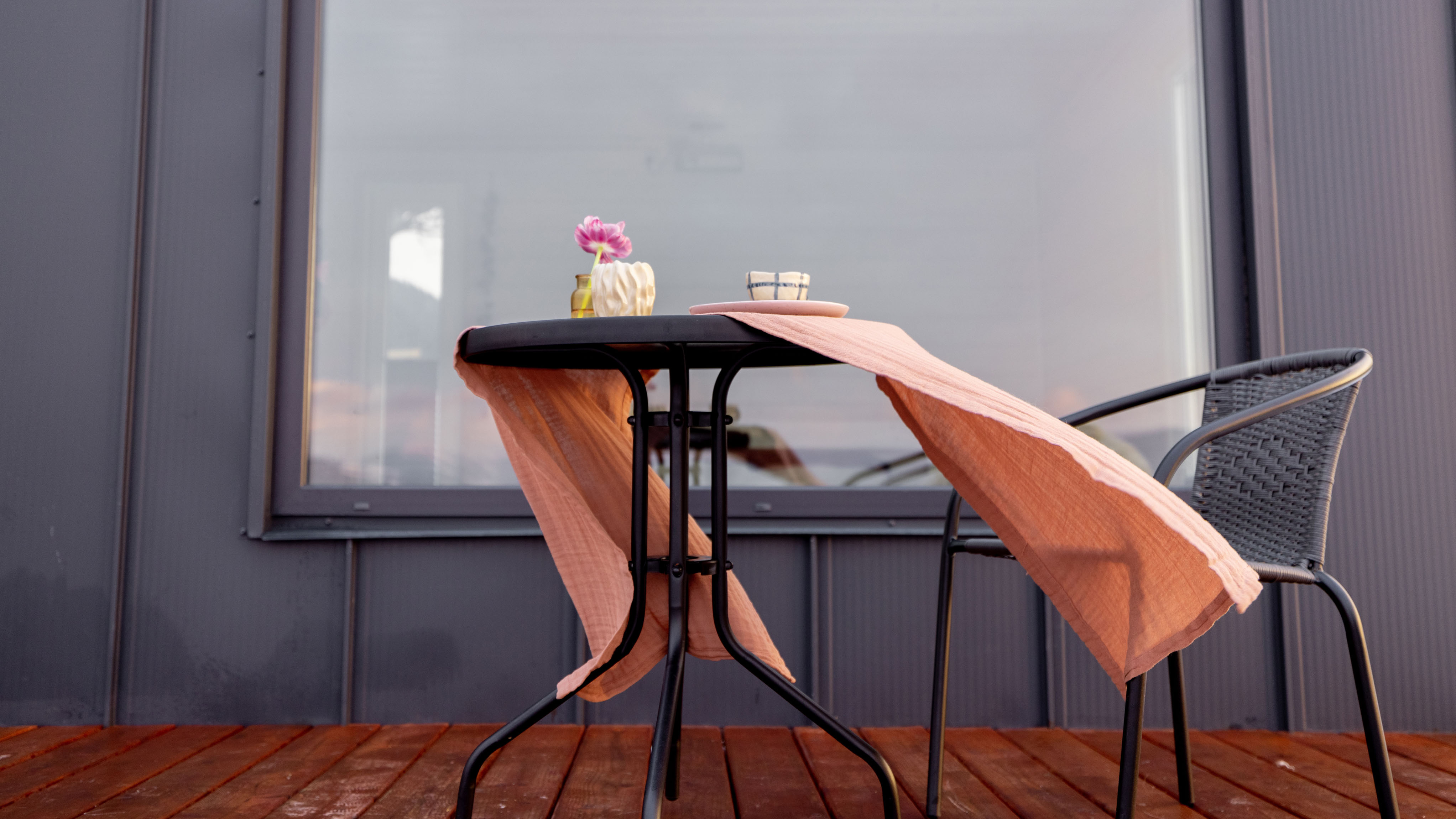
First of all, take a look outside your home to see what could potentially be picked up by high winds. Move anything loose indoors, such as plant pots, patio furniture and even the dog house. The last thing you want is one of these hitting a window during the worst of it.
For anything that can’t be moved indoors, make sure it is anchored down effectively so it won’t become a problem. Use steel or some other heavy cable and tie the loose items together and then secure them to the floor using a tie-down ring. Bear in mind there’s never a 100% hurricane-proof anchor though, so always bring items inside if at all possible.
2. Cut back trees and shrubs
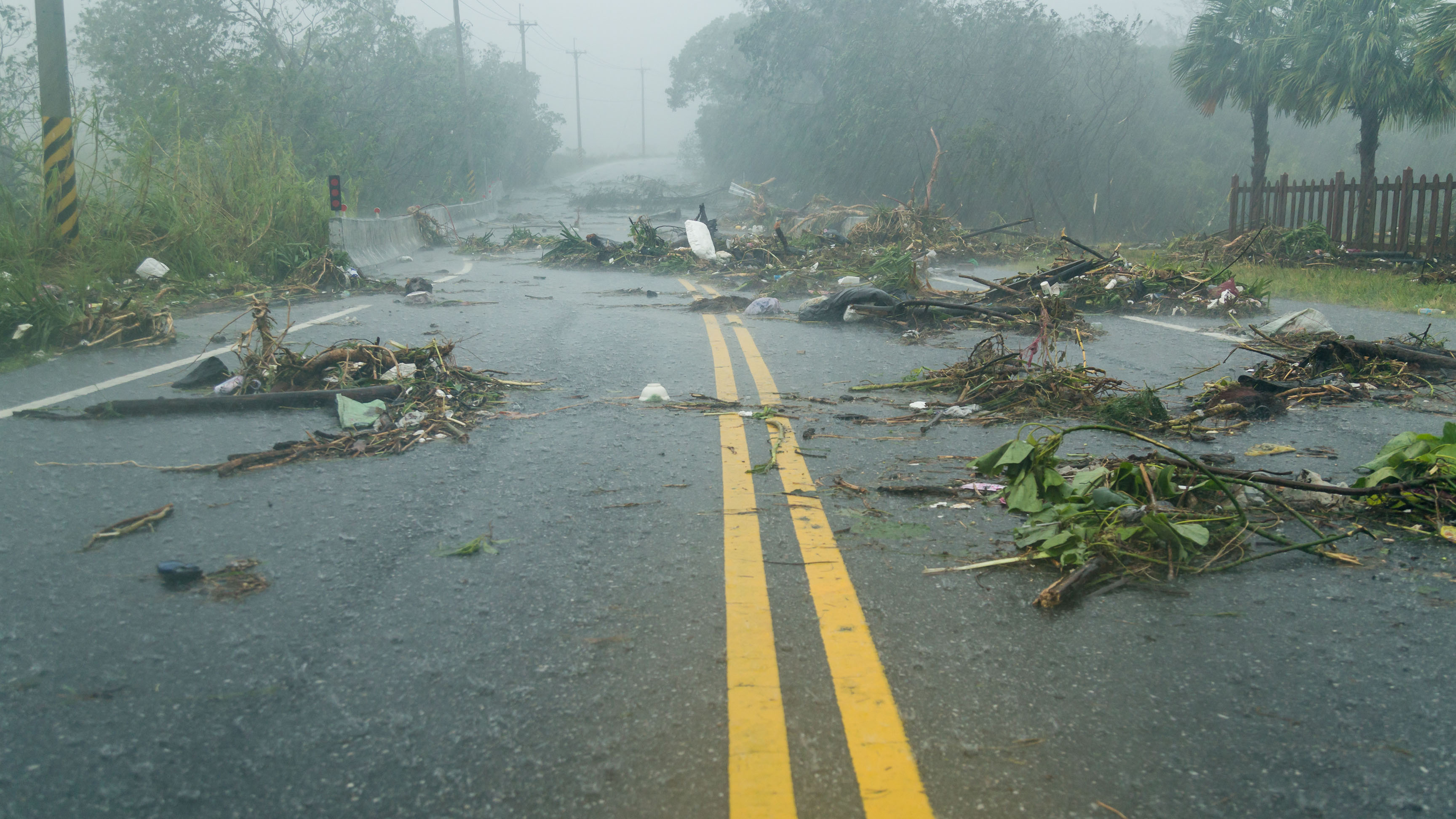
Now you’ve cleared away the obvious debris, it’s time to consider any potential debris. A lot of damage caused by hurricanes comes from loose branches and foliage, so take a look at your trees and shrubs to inspect for weak points.
Cut back any small, weak branches using a pair of the best pruning shears. Remember to check the strength of small trees as well — if they can easily be uprooted, these too have the potential to become flying debris. Reinforce them by staking them to the ground.
3. Invest in storm shutters
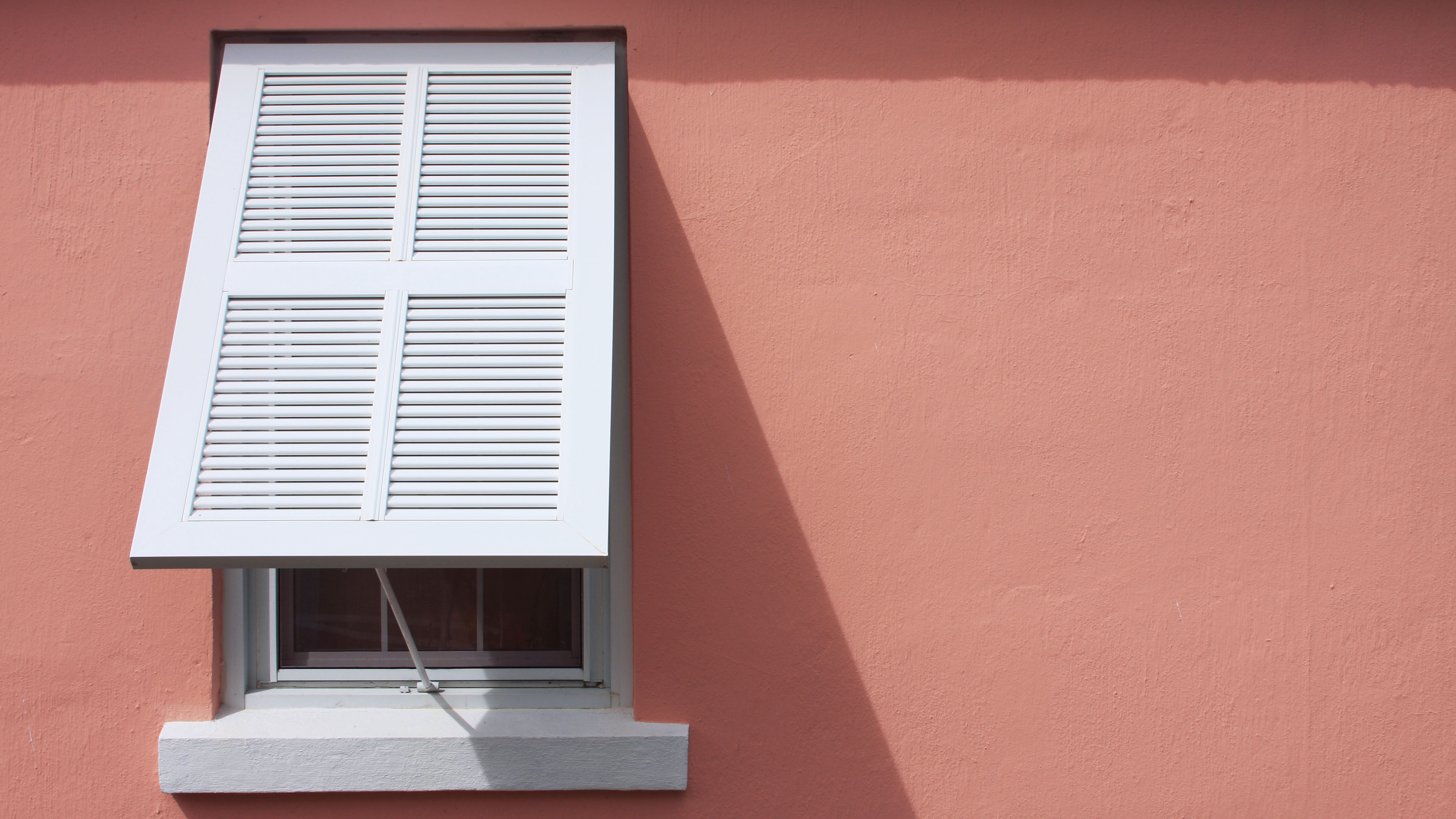
Now it’s time to turn your attention towards your home. Its most vulnerable points will be any openings — namely windows and doors. FEMA recommends installing storm shutters across any windows for an added layer of protection. If storm shutters are out of your budget, you can alternatively nail plywood to your windows for a cost-effective solution.
Get instant access to breaking news, the hottest reviews, great deals and helpful tips.
FEMA goes on to say that any external doors should also have hurricane-proof properties, such as a dead bolt lock and a minimum of three hinges. These changes won’t exactly be cheap, but consider them as an investment to prevent further damage.
It's also important to take a look at the condition of your garage door. If the garage door has seen better days and feels loose, get it replaced, otherwise it could present a serious hazard to your home.
4. Inspect your roof

While most of us will check the security of the doors and windows, many of us forget to consider the condition of the roof. If there are shingles missing, or cracks present, there's a chance that things could be worsened during the high winds of a hurricane, leading to leaks and expensive repairs.
Bankrate says you should get your roof inspected prior to hurricane season. If repairs are needed, address them beforehand, whether that’s sealing up any cracks or securing any loose tiles. You can also install hurricane ties to further protect your roof. These essentially secure the truss or rafters of the roof to the walls to improve its strength.
5. Secure your shed
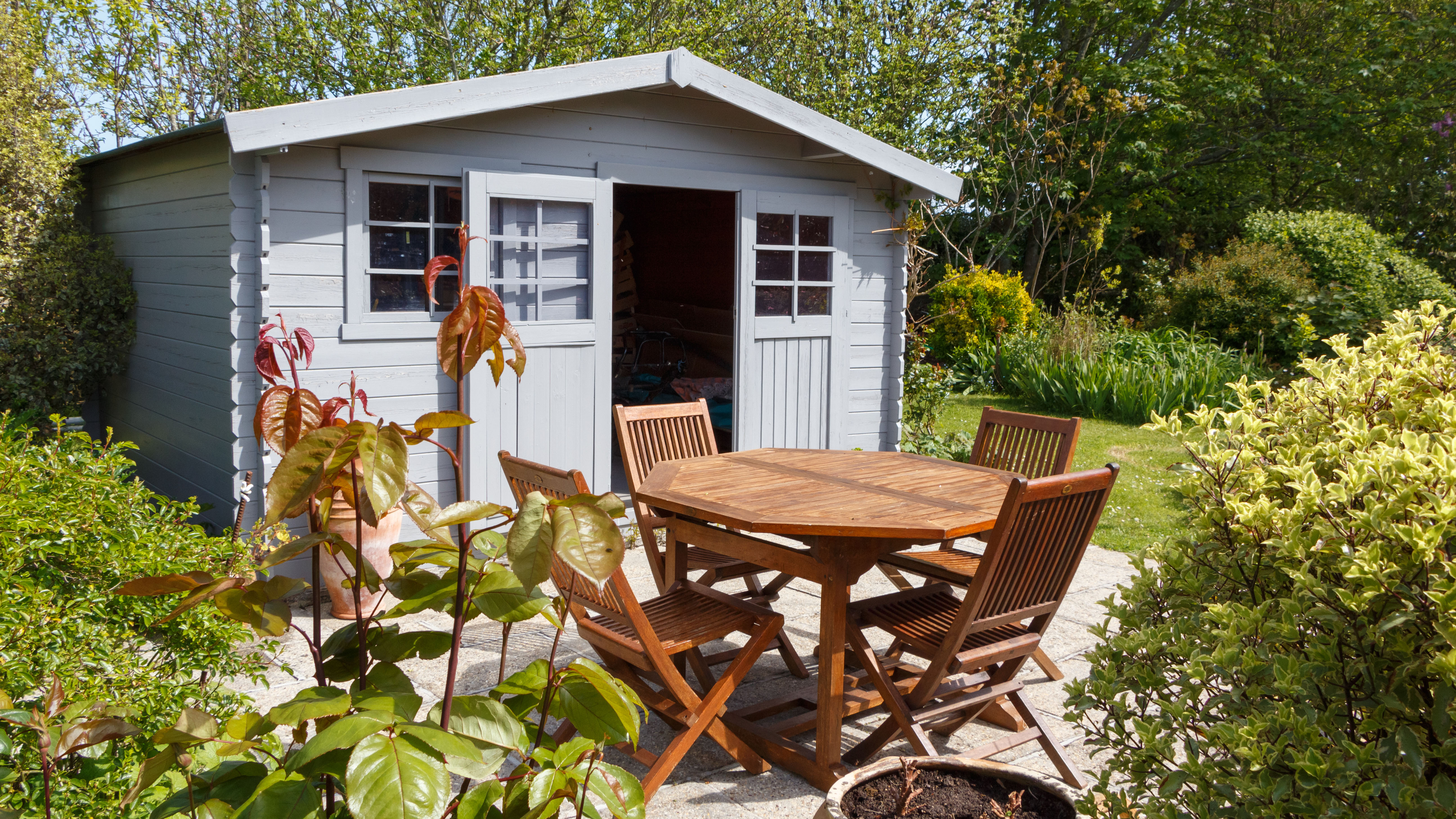
Heading back outside, don’t forget that any outbuildings, such as sheds, will need to be properly secured. Otherwise, both it and everything inside could become a hazard. Seal any openings where possible and make sure it’s firmly anchored to the ground and locked up tight. Some recommend anchoring sheds by securing the structure to concrete underground. You can also use hurricane ties as mentioned above.
If you’ve got a pool, make sure to remove the pool cover before the hurricane hits. It might sound sensible to leave the cover on, but this can easily be torn and even blown away under such conditions. Safety covers are better weighted and more likely to withstand a hurricane, but even these can be damaged all too easily, so just leave them off.
6. Invest in a generator
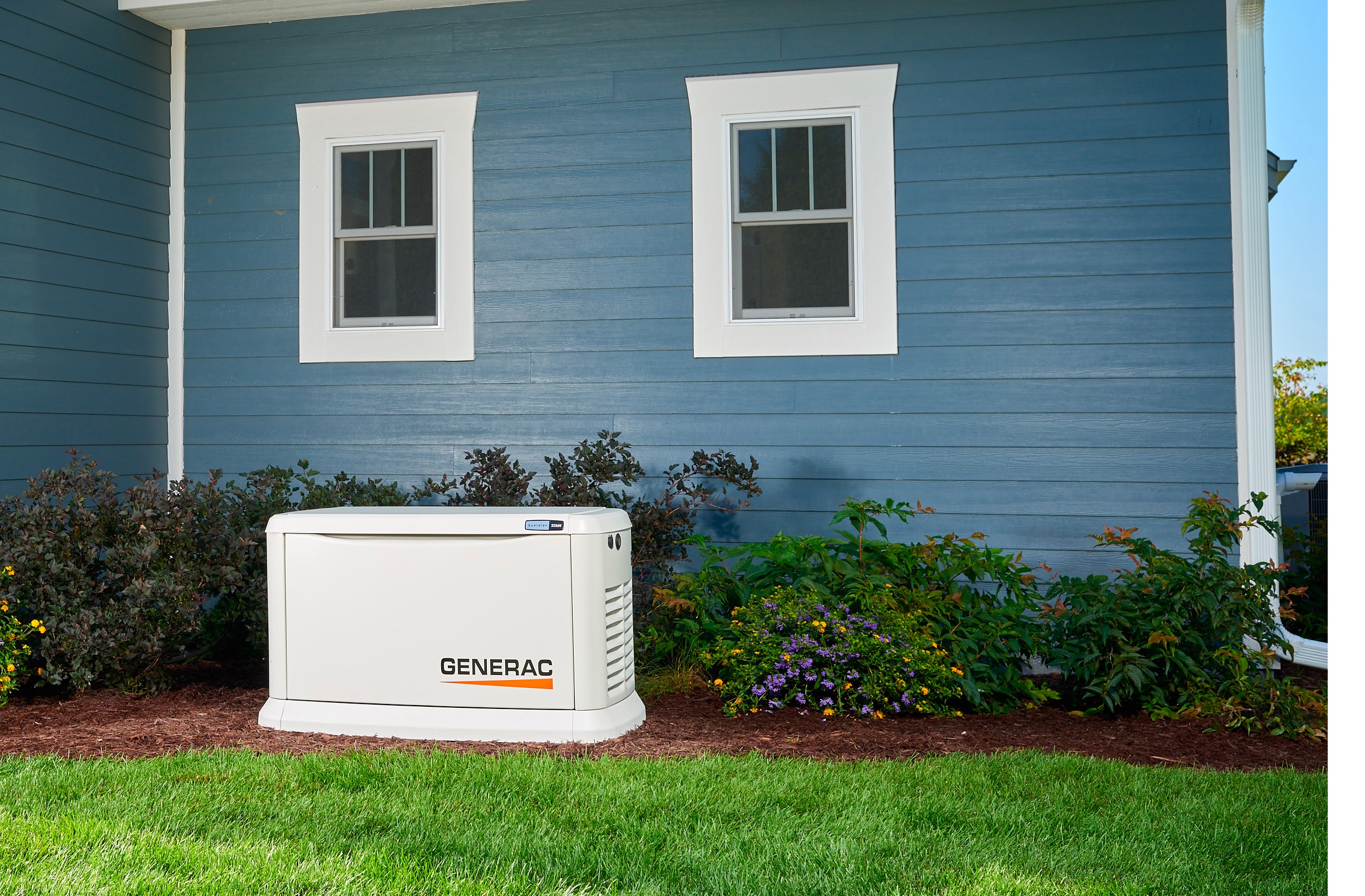
If you’ve experienced a hurricane before, you’re likely aware that you could lose power afterwards. This can cause all kinds of problems — no lights, no cooking and no heating, sometimes for days. But, if you invest in a home generator or a portable generator, you will have access to power until things are resolved and your energy is up and running again.
Bear in mind that, depending on the type of generator you install, you may need access to fuel to run it. That means you may need to keep fuel stored at a safe distance from your home if you’re not using a natural gas line. If you’re asking yourself should you get a home generator, here’s the pros and cons.
7. Gather supplies
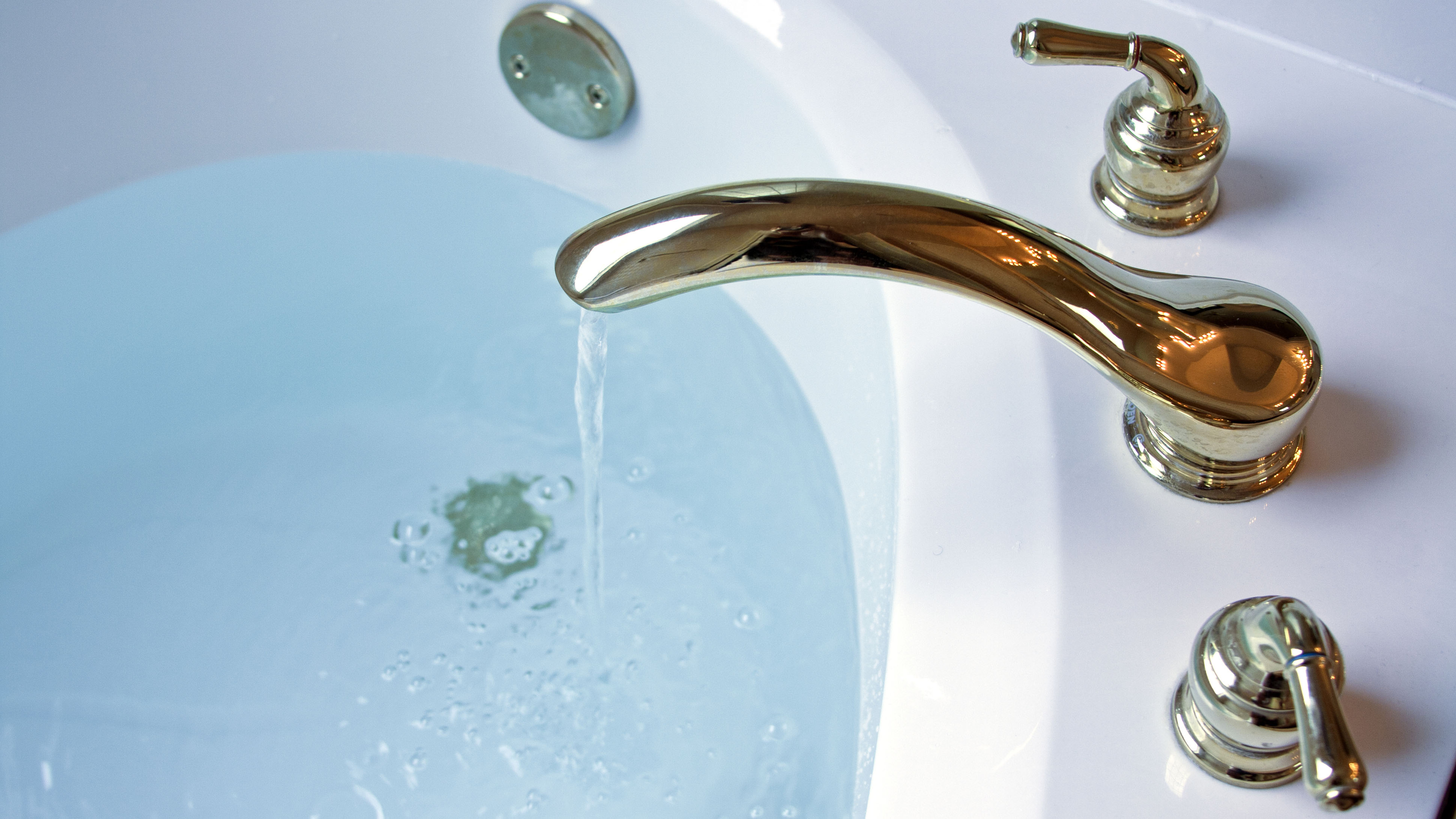
You need to be prepared as much as your home, so it’s important that you gather supplies in advance to wait out the storm. That means plenty of non-perishable food and medical supplies as well as bottled water.
You should fill your bathtub and sinks with water so you're prepared should the power cut as well. That way you still have access to it if you need to wash dishes or flush a toilet.
8. Take out insurance

Unfortunately, even if you take every precaution, there’s still a chance that your home can be damaged by a hurricane. Because of this, it’s sensible to take out the necessary insurance, just in case. If you’ve already got a policy in place, review it to make sure it gives you the cover you need, such as flooding insurance.
If you're looking to reduce your bills, check out these 15 water saving tips too. And we've got 7 things to know before buying solar panels if you're mulling over that change to your home. Plus, did you know that this is the cheapest time to do your laundry?

Katie Mortram used to be a Homes Editor for Tom's Guide, where she oversaw everything from kitchen appliances to gardening tools, as well as smart home tech. Specializing in providing expert advice for cleaning and home manintenance, she now works as Household Advice Editor for Good Housekeeping.
